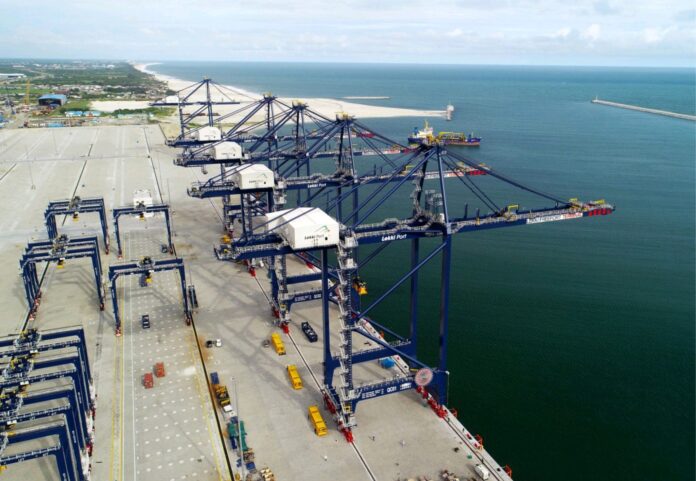Better collaboration between Nigeria and the United States would advance environmentally benign activities in port operations, hence helping both nations to gain from increased green trade and logistics.
During a visit to APM Terminals Apapa, California’s Secretary of Transportation, Toks Omishakin, underlined U.S. projects aimed at lowering port emissions. He emphasized onshore and offshore power systems—that is, technologies allowing boats to connect while moored rather than burning fuel—a means assisting to reduce hazardous emissions and improve air quality.
Arranged by the California State Transportation Agency, the Bay Area Council, and the University of California, the journey was part of a 10-day commercial trip to Kenya and Nigeria. It centered on issues like trade, technical development, infrastructure, and climate resilience.
Omishakin lauded APM Terminals’ significant investment in Nigerian port infrastructure and the excellent level of professionalism of its employees. He contends that Nigerian ports are showing promising parallels to American ones and that port efficiency remains essential for world trade. He underlined how these parallels create a solid basis for future cooperation in support of sustainability and technology-driven projects.
The News Chronicle believes that the U.S. ambassador’s visit was more than just symbolic; it also showed growing recognition of Nigeria’s role in molding contemporary trade. By matching global best standards, Nigerian ports might turn into regional leaders in environmentally sensitive logistics, therefore presenting knowledge-sharing, innovation, and more international cooperation possibilities.
Alex Ford, Vice President for Global Programs at the Bay Area Council, said these ideas again by referring to APM Terminals as a centre already satisfying worldwide standards. The delegation stressed that partnerships with Nigeria might present opportunities for green technology adoption and sustainable development given some of the busiest Western Hemisphere ports, including Los Angeles and Long Beach, which combine handle over 20 million TEUs yearly.
Frederik Klinke, CEO of APM Terminals Nigeria, noted that the visit emphasized the necessity of global cooperation, therefore emphasizing how alliances with progressive nations such as California can expedite Nigeria’s move toward more greener, more effective port systems.



